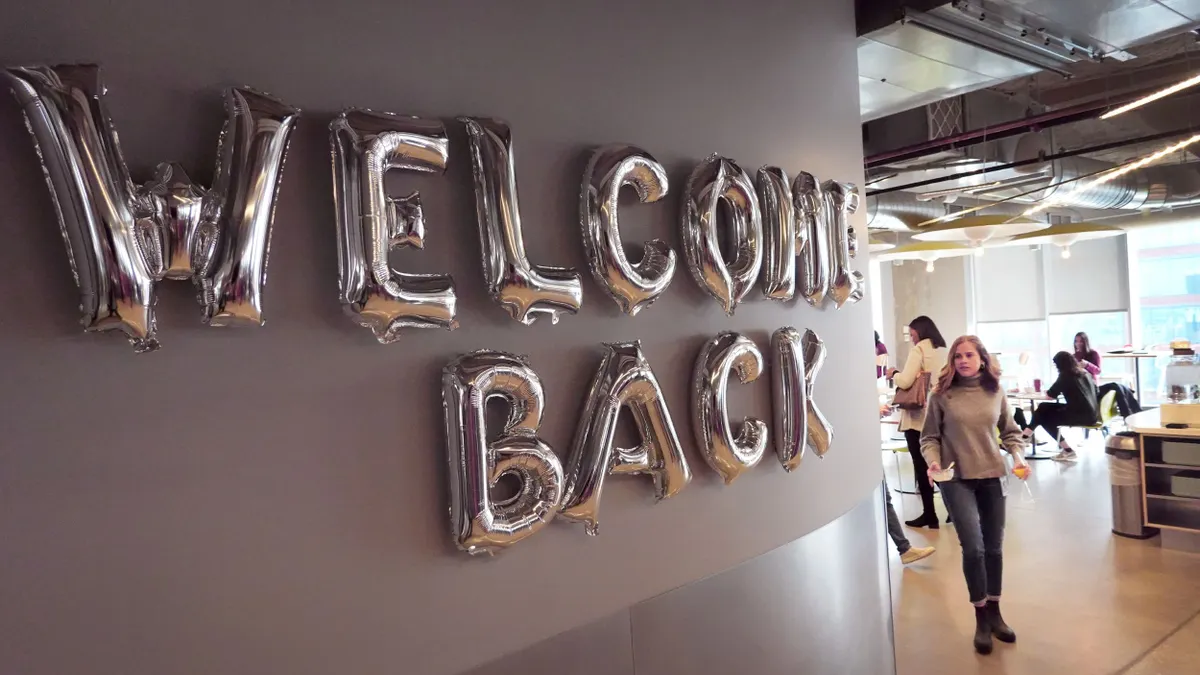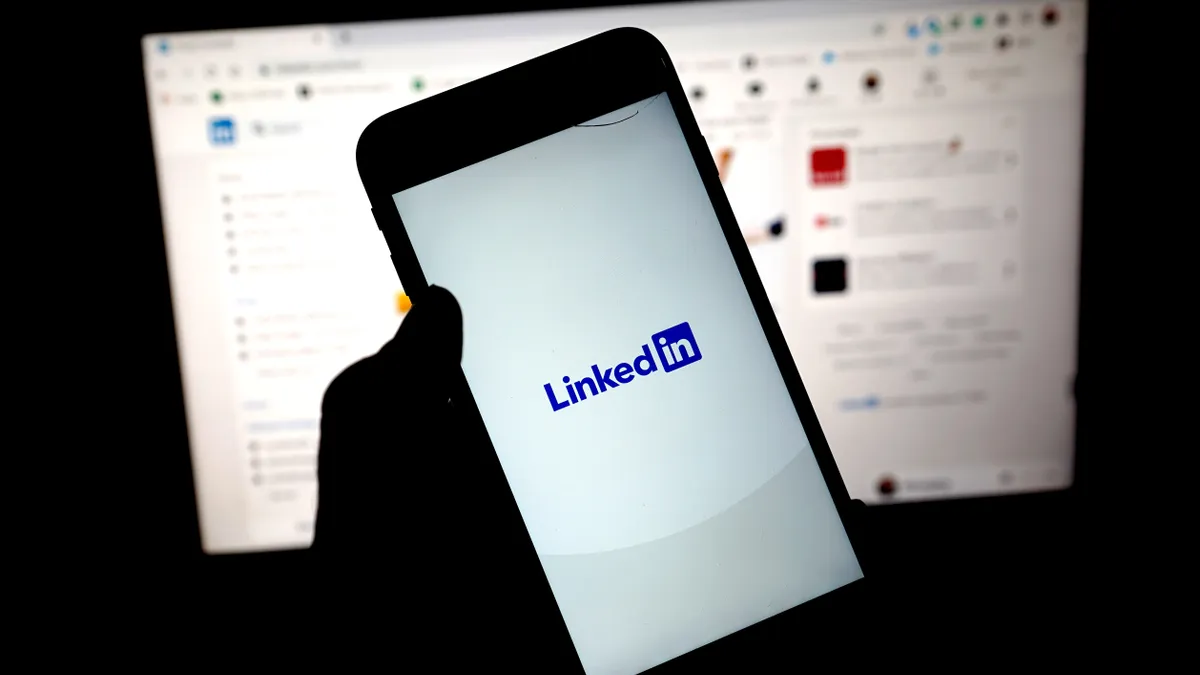Like every other facet of the working world, HR has gone through a tumultuous change since the start of the pandemic. A new study The Josh Bersin Company, developed in partnership with LinkedIn, shows how big those changes are.
“The nuts and bolts of what HR does has not changed,” said Kathi Enderes, senior vice president and global industry analyst with The Josh Bersin Company. “HR is there to hire people, to compensate people, to manage support, to manage people, help with training and leadership development.”
But how to do those jobs has changed and been expanded upon. Here’s what’s going on.
The expansion of HR competencies
In The Definitive Guide to Human Resources: Systemic HR, researchers conducted a wide ranging study that includes an analysis of 107 HR strategies and practices from over 1,000 companies and studied the LinkedIn profiles of more than 7.5 million HR professionals.
They found a major increase in what HR covers. In 2017, the HR talent pool on LinkedIn represented about 300 skills and 200 roles. By 2022, those numbers jumped to over 400 skills and 250 roles. Some of those new roles were in strategic leadership, like director of employee experience, head of diversity and inclusion, and head of organizational development.
Part of those changes were due to the pandemic, Enderes said. “HR had to suddenly be in the driver’s seat and account for not just hiring and compensation and training of people but also had to be experts in remote working and in keeping people safe and healthy and not getting sick.”
HR managers have also had to deal with a shrinking labor market, said Sheryl LaPlace, human resources consultant at Insperity. “It required HR managers to be a lot more creative in the recurring strategies used, not just salary and benefits, but what type of culture is attractive to job applicants, and making sure it’s part of the branding put out there to attract talent.”
Despite the onslaught of changes that the pandemic brought, LaPlace said managers were up to the task. “HR’s ability to adjust to change on the horizon and the change we were all thrown into” was key to surviving the big shift, she said.
Where HR could fall behind
That doesn’t mean all is well within the profession. The survey found that 68% of HR organizations say they are far behind in their skills, operating models and technologies. Researchers also found that only 17% have a process to prioritize resources to problems; and just 4% have a defined strategy for AI in HR.
Trying to cover all bases at once can be exhausting. For example, for a head of talent acquisition, “you don’t just have to know about all recruiting tools and all things related to recruit and sourcing people and developing people,” Enderes said. “Now, you also have to learn about learning and development, because maybe whenever you get an open job, that solution is not to just hire somebody. Maybe it’s retraining and reskilling someone in the organization.” It’s imperative for HR professionals to understand other domains.
To figure out a new way forward without becoming overwhelmed, HR should be thinking about the business problems they are trying to solve. “HR is not really about doing HR well. HR is about helping the business platform,” Enderes said. That means thinking about “what’s our strategy, and how do we align our HR strategy around the business strategy.” That will be different for every HR team, she added.
It also means addressing the lack of opportunities for HR professionals. In the same study, researchers found that only 7% of companies have professional development for HR. “Hardly anybody is thinking about how do we build these cross-domain and skills that might go beyond HR business skills and business capabilities,” she added. “If you don’t develop them, everyone in HR is going to be burned out.”
That’s why it’s important for HR managers to take care of themselves while navigating these changes, LaPlace said, and take advantage of the same wellness and self-care programs that are available to other employees — and often promoted by HR. “It’s true that the cobbler’s kids have no shoes. HR managers are so busy taking care of everyone else, that it does require some intentionality to focus on our own self-care and carve that time out to put it on our schedule,” she said.



















